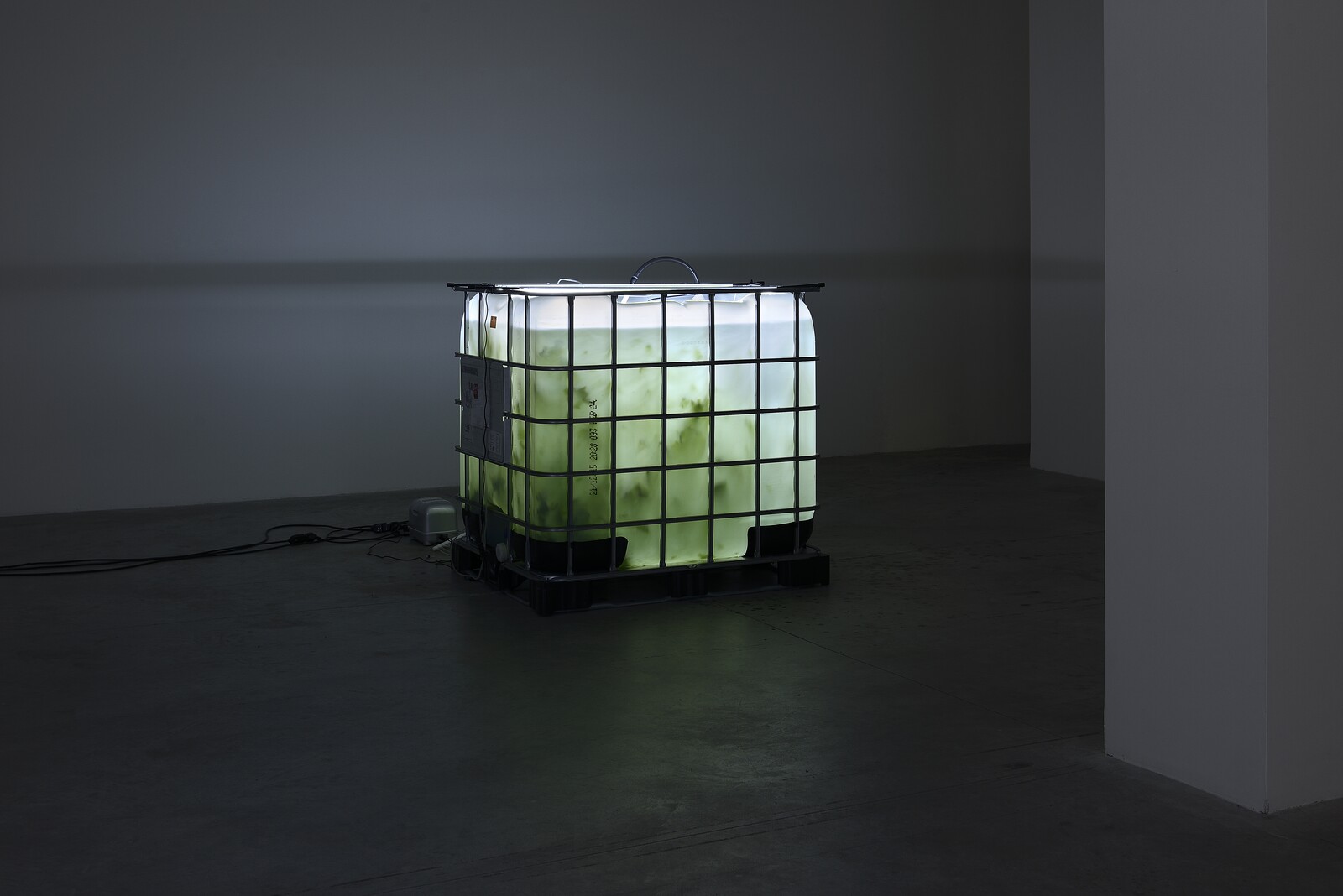Road Back To Relevance
March 15–June 10, 2016
Philosophy Department, Sapienza - Università di Roma, Via Carlo Fea, 2, 00161 Rome, Italy
Viale Somalia, 33
00199 Rome
Italy
Hours: Tuesday–Friday 2:30–7pm
T +39 06 8639 8381
info@nomasfoundation.com
Nomas Foundation is pleased to present the catalogue Road Back To Relevance published by Mousse including texts by Dieter Roelstraete (writer and curator), Saim Demircan (writer and curator) and Ben Gregory (political activist). Road Back To Relevance documents Rees’s show at Nomas Foundation and provides an insight into his practice over the past decade. The launch of the catalogue at the Università di Roma will be followed by a discussion between Dieter Roelstraete and Dan Rees.
Dieter Roelstraete, ”Two Views of Dan Rees’s Work”:
“The work of Dan Rees touches upon a wide range of topics, subjects, and issues, but one dominant, recurring preoccupation doubtlessly concerns the politics of taste. ‘Taste’—its cultural corollaries, its political ove—and undertones, and most importantly its social sources—is one of Rees’s preferred problems […].
“Underlying Rees’s concern with the entanglement of class and taste, we may discern two interrelated queries—one that concerns the matter of access and accessibility (Can a vanguard art be truly ‘popular’? Whence the cultural elite’s instinctual scorn, by and large, for popular forms, even to this day? Why are we so often told that making art legible across a wider swath of the population inevitably leads to its being watered down?), and another that concerns the question of art’s real impact in society (simply posed: can art change or save the world?), with both converging in an ongoing interrogation of the (mostly failed) project of popular modernism, of a truly radical culture for the masses. Rees’s most exemplary work in this regard, and the artist at his most emphatically political (and, perhaps not coincidentally, at his most broadly autobiographical), is probably the aptly titled video Road Back to Relevance (2015), which attempts to show us ‘how the Wales Nicaragua solidarity campaign can inspire people today,’ though it really asks the question as to how art can secure the longed-for intersection of ‘social, cultural and political’ relevance—that is art’s titular ‘road back to relevance’—that Rees so clearly seeks. (‘Solidarity’ seems as anachronistic a notion as class in the previous discussion.) This road (back) to relevance, art’s voyage back to the center of a society’s sense of self, may involve negotiating the oftentimes strained, simultaneously antagonistic and symbiotic relationship between art and culture—a distinction that is not without consequence for a better understanding of Rees’s practice […]
“What Dan Rees’s art appears to aspire to, however—and this is precisely where it has most successfully challenged the occasional reactionary inclinations of this elitist, among others—is to question this insular tendency, that is, art’s self-isolating ways, by way of the jargon and spirit of art itself: call it art setting out to save culture from the clutches of the culture industry if you like—an art of righteous populist inspiration (as well as indignation).
“Antonio Gramsci, one of the primary theorists of a truly working-class culture and perhaps the single most influential philosophical signpost in Rees’s world, observed many decades ago that ‘it seems evident that, to be precise, one should speak of a struggle for a “new culture” and not for a “new art” (in the immediate sense).’(1) A new culture such as the one Gramsci had in mind may not necessarily (or no longer) be in the offing—it is certainly not Rees’s most pressing concern, and not exactly in accordance with his rather unassuming artistic temperament—but it certainly pays for ‘new art’ to look back at the cultures of old for guidance going forward, and Dan Rees does so by revisiting the forgotten legacies of a truly populist avant-garde culture: back to the future, where art can change or save the world.”
(1) Quoted in: The Antonio Gramsci Reader (ed. David Forgacs), Selected Writings 1916-1935, New York: New York University Press, 2000, p. 395.
Dan Rees (Swansea, UK, 1982) lives and works in London and Berlin. He studied at Camberwell College Of Arts, University of the Arts London (2001–04) and at Staatliche Hochschule für Bildende Künste Städelschule, Frankfurt (2007–09).
Solo exhibitions (selection): Think Local, Act Global, MOT International, Brussels, 2015; Stimulate Surprise, Tanya Leighton, Berlin, 2015; Top Heavy, T293, Rome, 2013; Kelp, National Museum of Wales, Cardiff, UK 2013.
Group exhibitions (selection): 13th Fellbach Triennial of Small-Scale Sculpture, Germany (forthcoming); Atlante delle immagini e delle forme, GAMeC, Bergamo, 2016; Le Nouveau festival / Extension du domaine du jeu, Espace 315 – Centre Pompidou, Paris, 2015; THE GO-BETWEEN, Museo Nazionale di Capodimonte, Naples, 2014.
Info
Dan Rees. Road Back To Relevance
Curated by Ilaria Gianni
For further information: info [at] nomasfoundation.com
Press office
Maria Elena Croci
press [at] nomasfoundation.com



